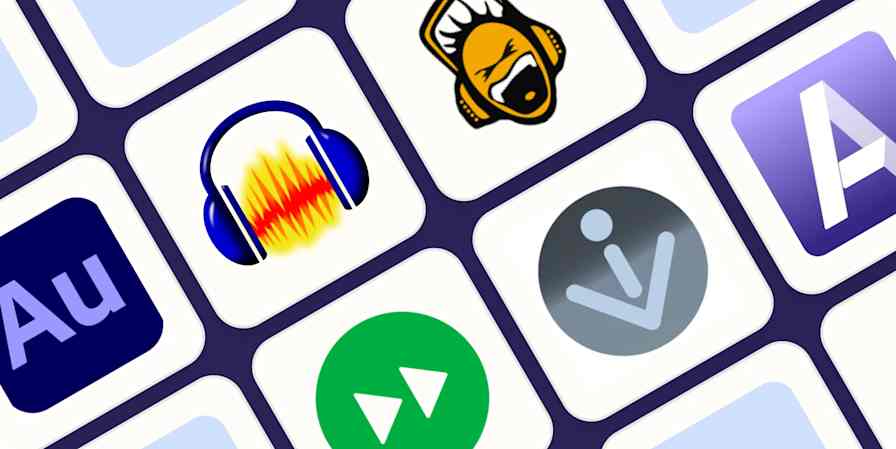Best apps
22 min readThe 11 best AI video generators in 2025
Use these tools to create, edit, and enhance videos with AI.
By Miguel Rebelo · January 30, 2025

Get productivity tips delivered straight to your inbox
We’ll email you 1-3 times per week—and never share your information.
Related articles
Improve your productivity automatically. Use Zapier to get your apps working together.









